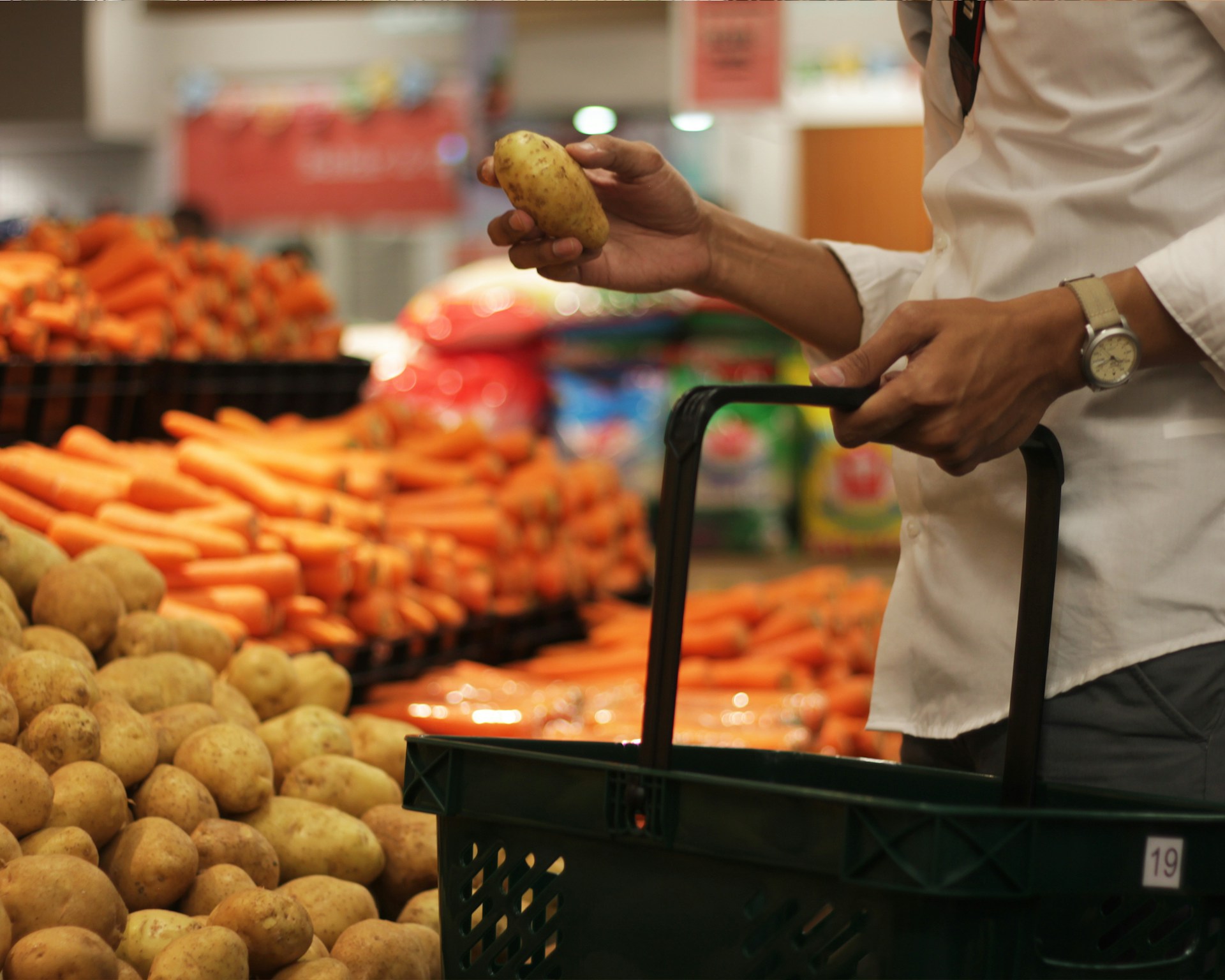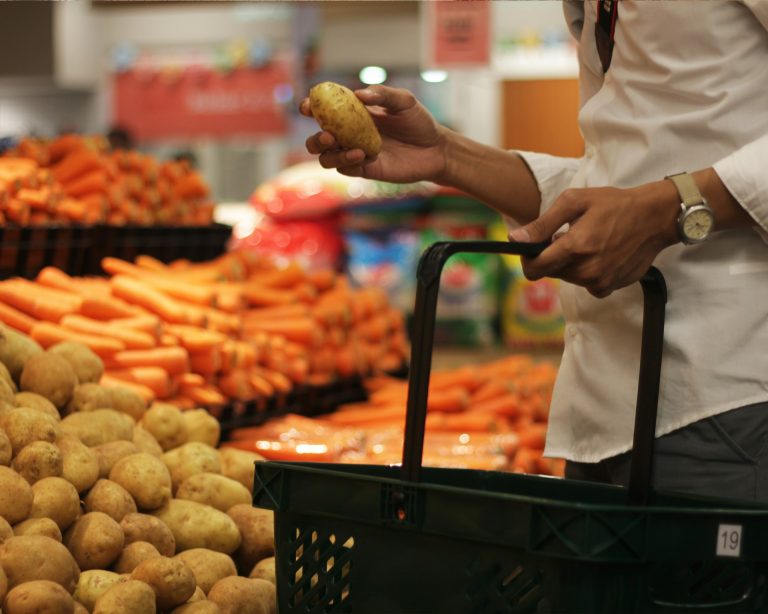- Recognition to add $650m to GDP through biodiversity-based farming
- Move expected to drive rural jobs and global green investment
JOHANNESBURG, SOUTH AFRICA – South Africa has formally recognised indigenous crops and medicinal plants as agricultural products under national law, unlocking an estimated $650 million in annual economic value.
The landmark reform, announced under the Marketing of Agricultural Products Act, will allow traditional farmers and herbal harvesters to enter the formal economy, opening the door to investment, export growth, and rural job creation.
Agriculture Minister John Steenhuisen said the recognition, dated July 21, 2025, allocates about $450 million in value to indigenous crops and $200 million to medicinal plants — a “momentous national change” in how biodiversity resources are brought into formal markets.
“For too long, our people who harvest and trade in traditional medicines and indigenous crops have been operating in the economic shadows,” Steenhuisen said. “With this legislative change, we are granting dignity, recognition, and a path to prosperity.”
New law to revitalise neglected sectors
The declaration follows years of advocacy from local farming cooperatives and traditional medicine associations. It forms part of a wider government plan to modernise agricultural laws and unlock neglected rural sectors through regulation, traceability, and market access.
Products such as millet, Bambara groundnut, marula, wild apricot, and medicinal plants like buchu, hoodia, and African wormwood will now fall under statutory provisions. These include levy systems, registration, and industry support mechanisms, allowing farmers to benefit from research, subsidies, and export promotion programmes.
The agriculture department said the recognition will spur value addition, encourage sustainable cultivation, and position South Africa as a scalable supplier in global nature-based value chains.
“The legal framework had become outdated, stifling innovation and market access for users of traditional agriculture,” Steenhuisen said, describing the move as essential to creating an inclusive, sustainable bioeconomy.
Agricultural economist Dr Lisa Khanyisa praised the decision as timely and globally strategic.
“This is a smart move that fits with the global demand for traceable, culturally rooted, and sustainable bio-resources,” she said. “South Africa can now compete directly with markets in Asia and Latin America that already trade in these products.”
Global opportunity in biodiversity
The initiative aligns with the Fast-Tracking South Africa campaign, which aims to market the country as a major supplier of wellness, nutraceutical, and sustainable food products. Analysts say it positions South Africa to attract international investors seeking ethically sourced biological ingredients.
With one of the richest diversities of native flora on the continent, South Africa is poised to take a leading role in commercialising plant-based medicines and indigenous crops under regulated conditions.
Officials say the move will strengthen rural economies, promote sustainability, and highlight cultural heritage as an economic asset – boosting South Africa’s competitive advantage in emerging global markets for natural products.
“Through this approach, these products will stimulate value addition, enhance traceability, and engender inclusive industrialisation,” the agriculture department said in a statement.
Economists believe that integrating indigenous resources into formal GDP accounting could also improve fiscal planning and increase export revenue in line with global sustainability goals.











